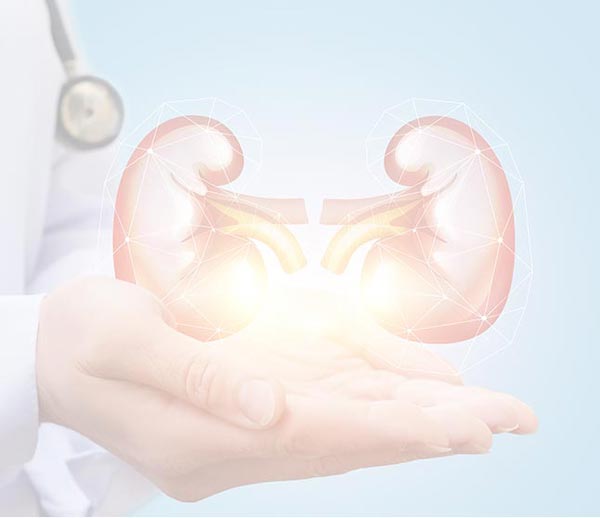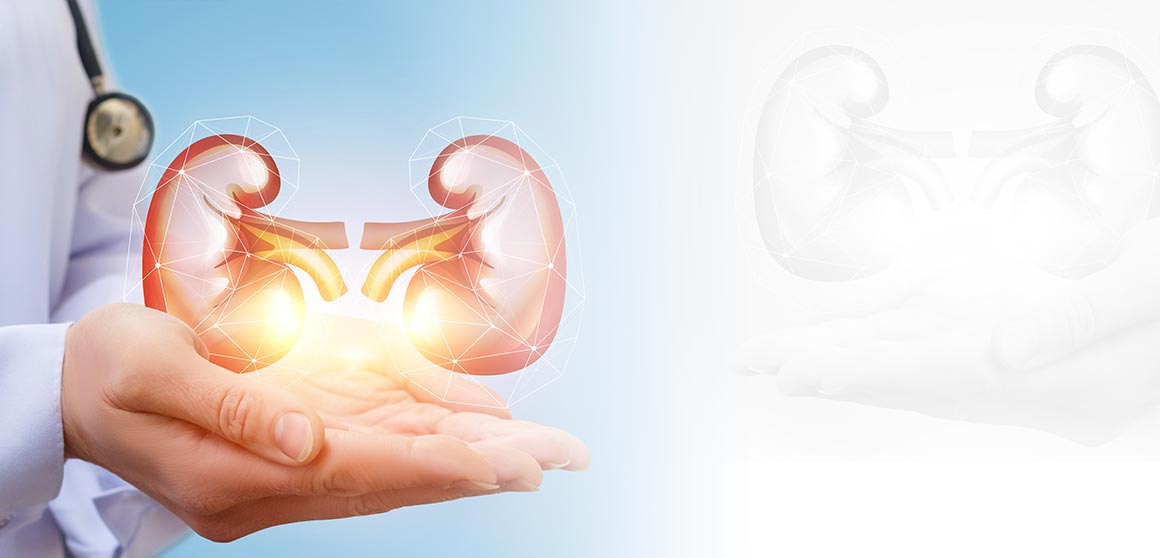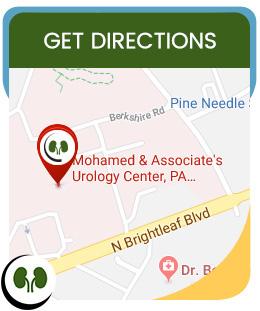Home » Smithfield, NC Bladder Prolapse Treatment Specialist
You cannot copy content of this website, your IP is being recorded
Bladder Prolapse Treatment Specialist in Smithfield, NC
At Mohamed & Associates Urology Center, Dr. Adel W. Mohamed specializes in treating bladder prolapse—a condition where the bladder descends into the vaginal canal due to weakened pelvic floor muscles. Dr. Mohamed’s extensive training and commitment to state-of-the-art procedures ensure patients receive effective and compassionate care. For more information, contact us or schedule an appointment online. We are conveniently located at 507 N Brightleaf Blvd #205, Smithfield, NC 27577.

Additional Services You May Need









